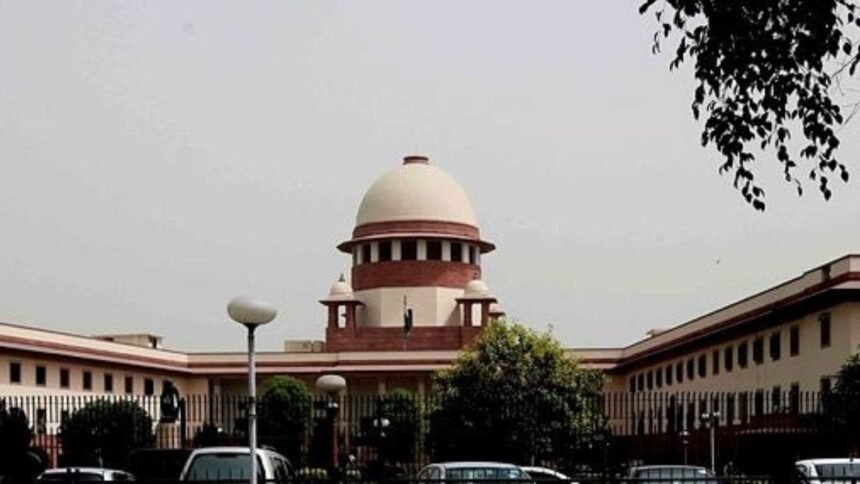The Supreme Court held Monday that companies would also fall under the definition of victim under the Code of Criminal Procedure (CrPC), entitling them to file a criminal complaint in a significant ruling which enables corporate entities to pursue criminal remedies for violations of Intellectual Property Rights.
The top court set aside the October 9, 2023, order of a single judge of the Jaipur Bench of the Rajasthan High Court, dismissing the appeal filed by Asian Paints Ltd under Section 372 of CrPC over a dispute with a retailer, who was selling counterfeit products of the company, as not maintainable.
While the trial court had convicted the accused, the sessions court acquitted him. Though Asian Paints appealed against this, the Rajasthan High Court dismissed the plea as not maintainable.
In the July 14 judgment, a bench of Justices A Amanullah and P K Mishra said, “Section 2(wa) of the CrPC defines ‘victim’ in plain and simple language as a ‘person who has suffered any loss or injury caused by reason of the act or omission for which the accused person has been charged…’. It is clear that Section 2(wa) of the CrPC has thoughtfully accorded an expansive understanding to the term ‘victim’ and not a narrow or restricted meaning.”
“We are constrained to observe that the finding of the High Court that the Appellant could not have maintained the appeal before it would amount to completely negating the proviso to Section 372 of the CrPC,” said the bench, referring to the section which deals with the right to appeal in criminal cases.
“In the present case, there cannot be any two opinions that ultimately, it is the Appellant who has suffered due to the counterfeit/fake products being sold/attempted to be sold as having been manufactured by the Appellant. The Appellant would suffer financial loss and reputational injury if such products would be bought by the public under the mistaken belief that the same belonged to the Appellant’s brand.”
Advocate Ajay Singh of Singh Law Chambers LLP, which represented Asian Paints, said it is not “just a procedural ruling, it’s a foundational shift”.
Story continues below this ad
“Until now, India’s criminal justice system largely treated prosecution as the domain of the State, with victims, particularly companies, playing a limited or passive role once the police took over. That model may have made sense for traditional crimes, but it doesn’t reflect the reality of modern corporate harms, where financial loss, brand erosion, and supply chain fraud can cause serious injury without physical violence.”
“The ruling creates a legal pathway for brand owners to pursue criminal remedies directly, especially in cases involving counterfeiting, IP theft, and economic offences. It also eliminates the long-standing dependency on the public prosecutor’s discretion, a bottleneck that often left aggrieved companies without recourse when the State declined to appeal.”
Singh said, “This is especially important in industries plagued by counterfeit and grey market products, FMCG, pharmaceuticals, electronics, and fashion, to name a few. For these sectors, the decision marks a shift from passive tolerance to active enforcement.”









